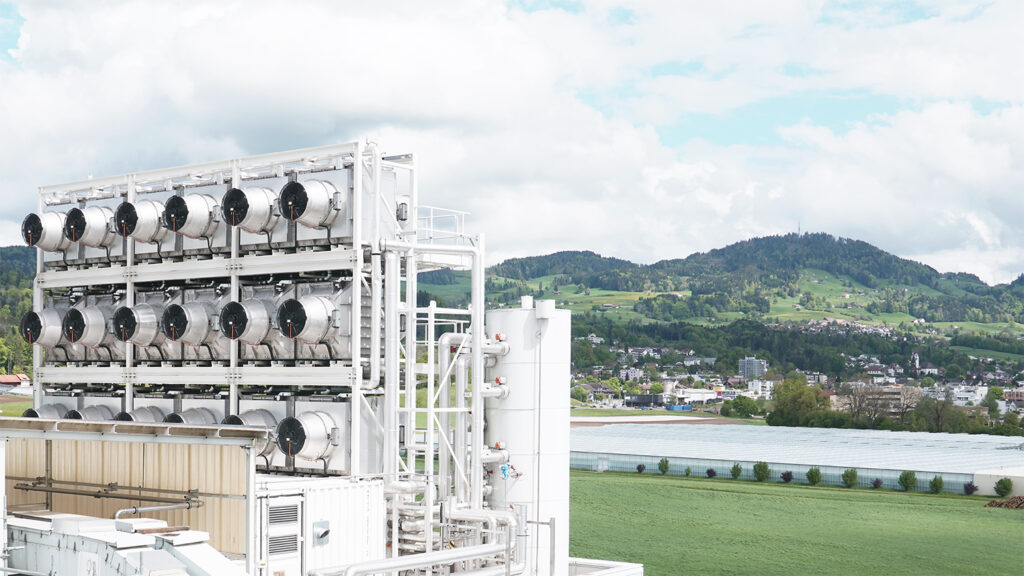Recent Climate Now Episodes
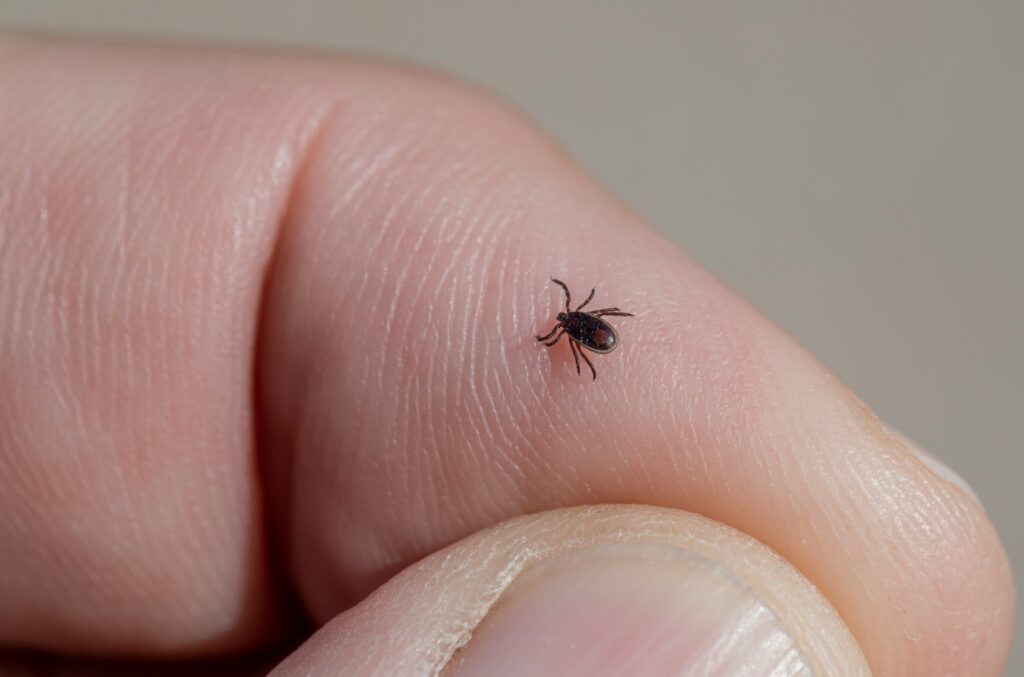

Climate Now: May 15, 2024
Climate Change Bites: The Proliferation of Vector-Borne Diseases
According to the CDC, the spread of vector-borne diseases (those spread by blood-feeding bugs like mosquitos, ticks, and fleas) is linked to climate change. Rising temperatures and humidity influence breeding rates and can extend the range of disease-spreading
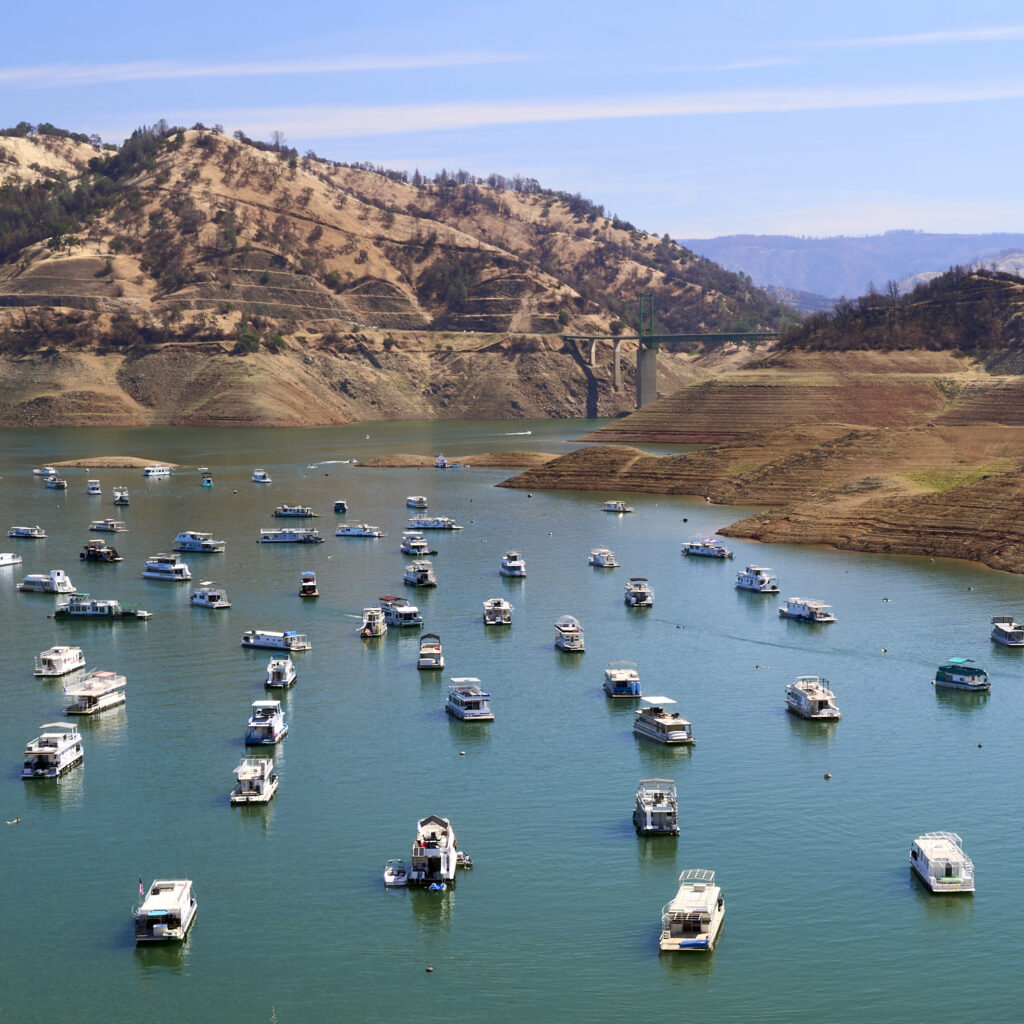

Climate Now: Mar 26, 2024
How climate changes where people live
In the U.S. alone, 162 million people will experience a worse quality of life due to the changing climate within the next 30 years. Rising sea levels stand to displace 13 million Americans in the long run while wildfires and other risks are likely to disp
Climate Now: Apr 30, 2024
Are cleaner hydrocarbons possible?
Just over 70% of humanity’s energy consumption comes from hydrocarbons like coal, oil, and natural gas. The world is dependent on hydrocarbons, not just for energy but also for plastics, contact lenses, and computers, and so many other things. Using hyd
Recent Climate News Weekly Episodes
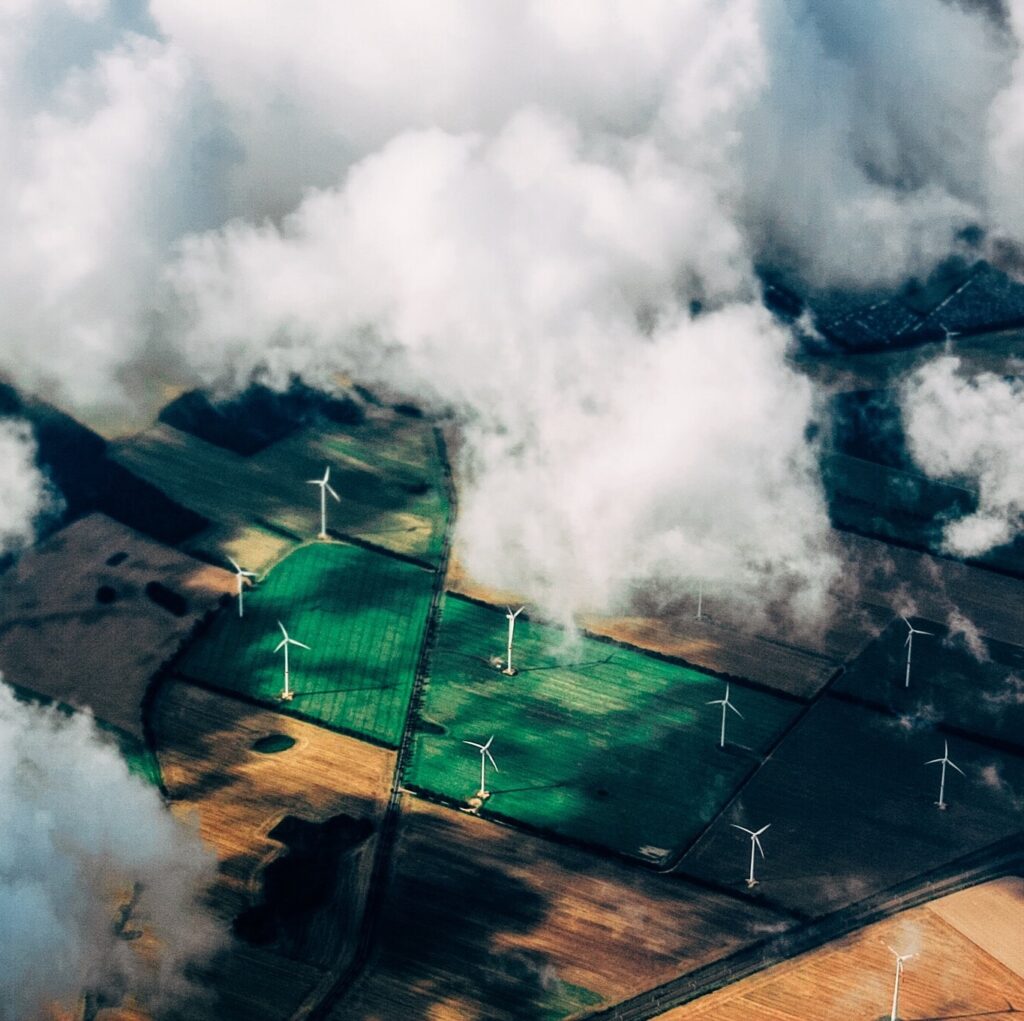

Climate News Weekly: Jun 4, 2024
Climate News Weekly: Kenya’s president visits US, DOE announcements, Microsoft’s AI emissions, and more
Climate News Weekly is back to cover the week’s biggest stories in climate news. Emma Crow-Willard and co-hosts Julio Friedmann (Carbon Direct) and Heather Clancy (GreenBiz) begin by discussing why the OECD’s $100 billion in climate finance for developing


Climate News Weekly: May 21, 2024
Climate News Weekly: Record CO2 accumulation, US-China climate collaboration, Climeworks opens DAC plant, and more
Climate Now is back to tackle six of the biggest stories in recent climate news. James Lawler, Julio Friedmann, Dina Cappiello, and Darren Hau discuss recent developments in the U.S., from electric grid planning and finance to the Department of Energy’


Climate News Weekly: May 6, 2024
Climate News Weekly: Tesla Layoffs, World Bank Investment, G7 Coal Phaseout
Julio Friedmann and Darren Hau join James Lawler to discuss the latest climate news: Tesla lays off its supercharger team, historic flooding and heat in Asia, $11 Billion committed to the World Bank, G7 agree to phase out coal by 2035, and several new rules from the CEQ and EPA to advance permitting reform and expand solar in the United States.
Popular Podcast Episodes
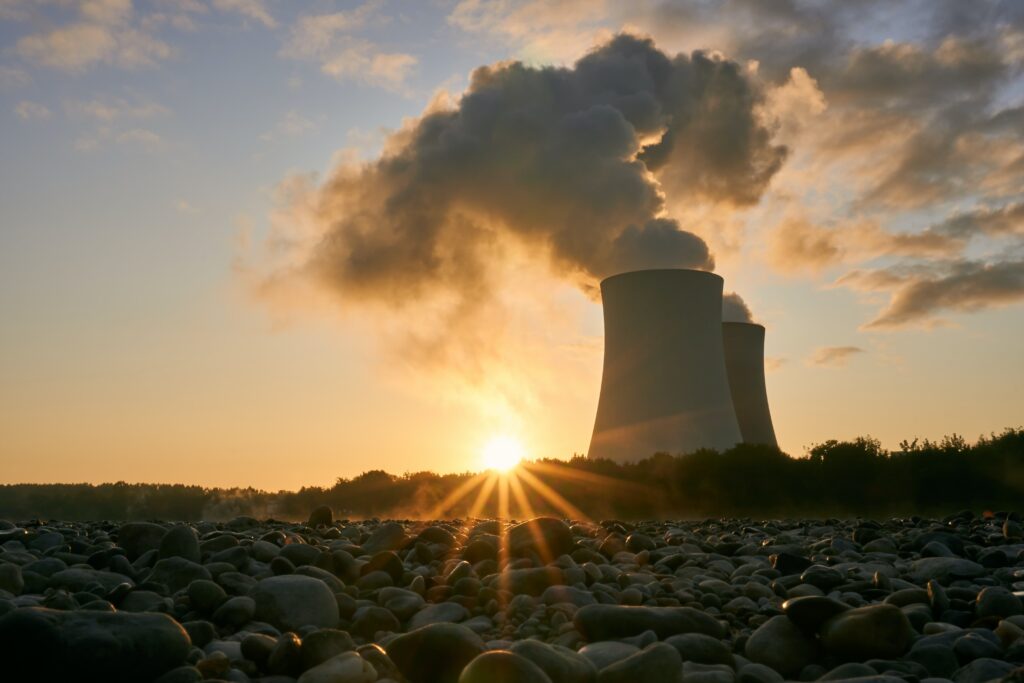

Climate Now: Apr 25, 2023
The debate about nuclear’s role in the clean energy transition
Every approach to decarbonizing the energy sector comes with its share of costs and benefits: renewables are cheap and clean, but require enormous amounts of land and are not always available when power is needed. Batteries provide useful back up power, but ad
Climate Now: Sep 26, 2023
Two views on the future of the US electricity grid
The United States’ aging electricity grid is a problem. Over 70% of the major transmission networks – which transfer electricity from power generation centers to endpoint users in homes and buildings, sometimes in other states – are at least 25 years old
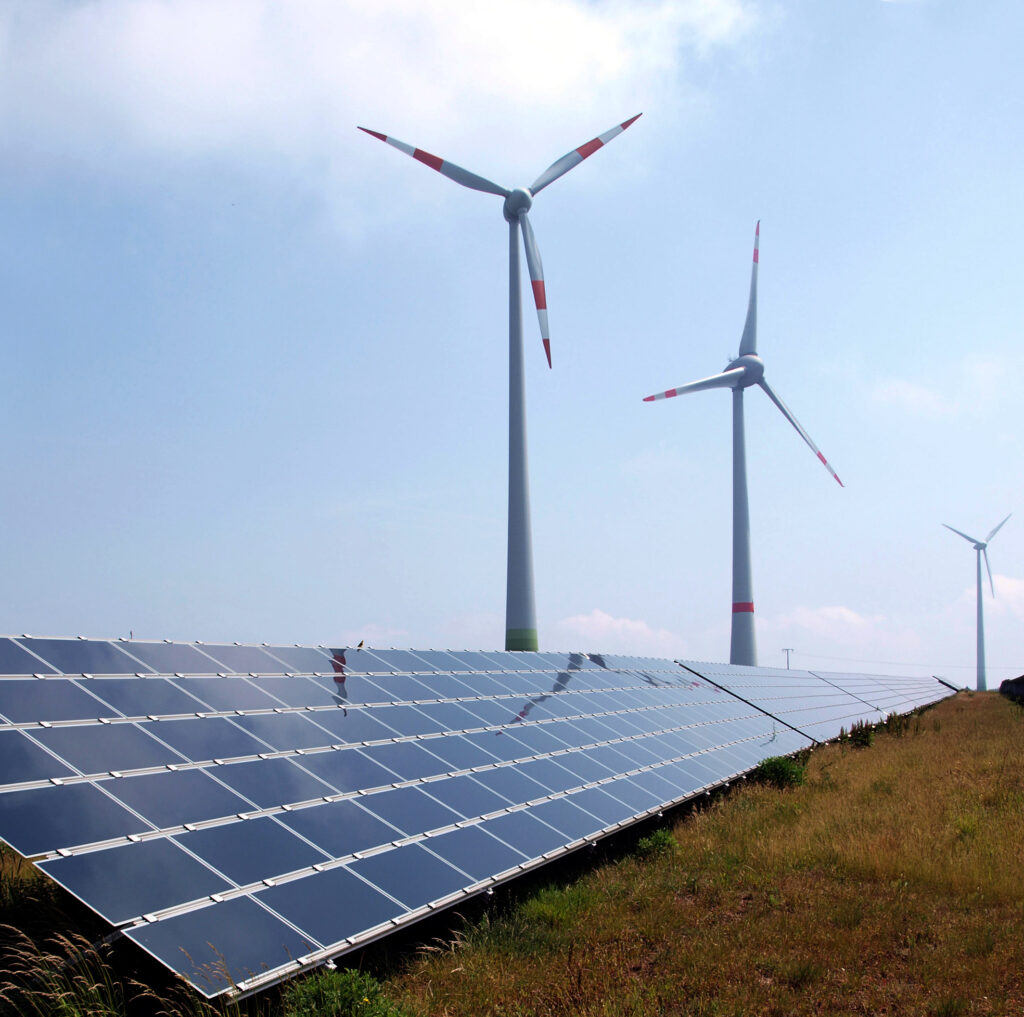

Climate Now: Sep 11, 2023
The IRA Progress Report
When the U.S. Inflation Reduction Act was signed into law in August 2022, policy analysts predicted that the incentives it provided for renewable energy deployment, home electrification and EV adoption would put the U.S. on track to reach at least two third
Popular Videos


Technologies Ep 9
Oceans for CO2 removal & storage: What, why and how?
Using carbon dioxide removal (CDR) strategies to mitigate climate change is a land-intensive endeavor. To capture one gigatonne of CO2 through direct air capture requires a facility & energy production footprint of at least hundreds, but potentially tens o
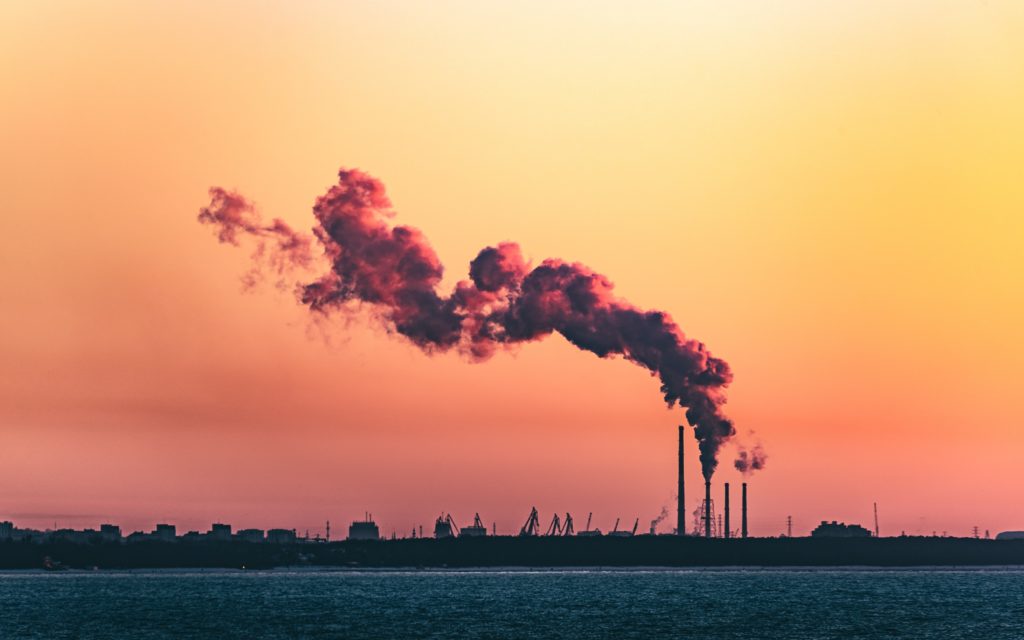

Mini Explainer Series Ep 01
Scope 1, 2, and 3 Emissions
Companies assessing their greenhouse gas emissions will need to analyze their Scope 1, Scope 2, and Scope 3 emissions. This Climate Now mini provides a brief explanation of what that means.
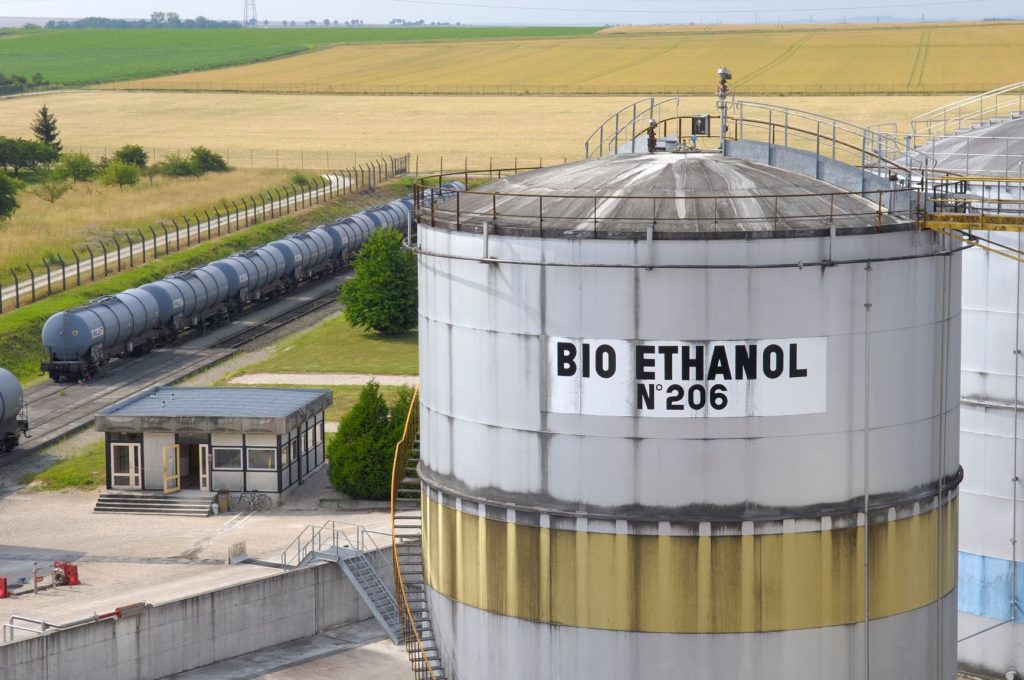

A Climate Change Primer Ep 6
Biofuels: An overview
Biomass – such as corn or switchgrass – can be converted into liquid transportation fuels, or biofuels. Biofuels are attractive because they result in significantly fewer emissions than fossil fuels, but they come with their own set of challenges,
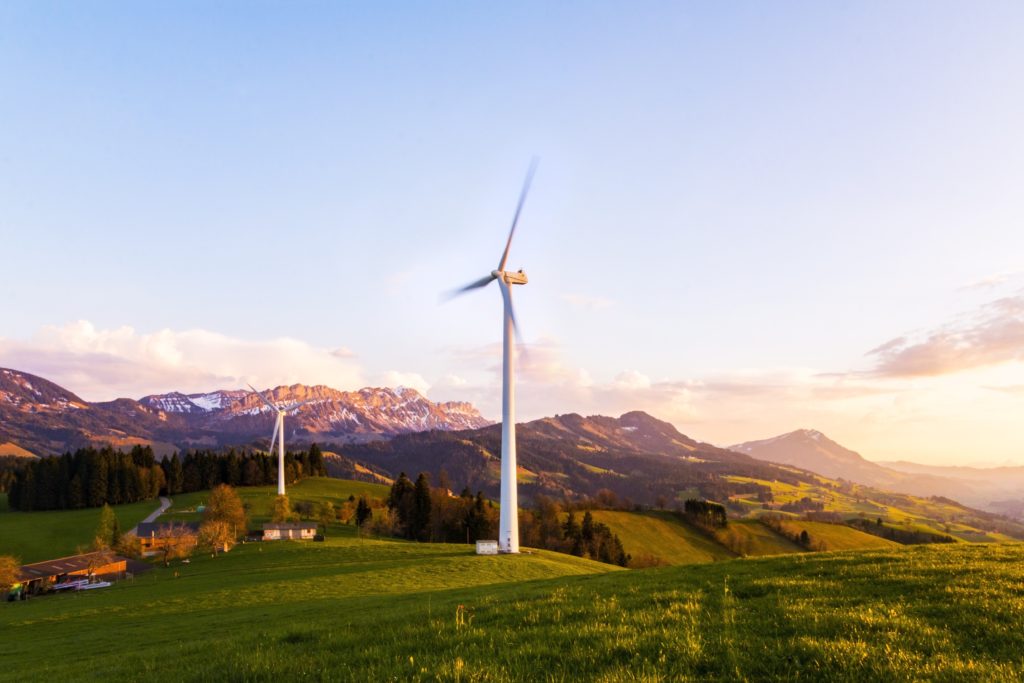

Research Ep 1
Net-Zero by 2050
Pledges to achieve “net-zero” emissions are proliferating from companies and countries alike. However sincere these commitments may be, they rarely include specific plans to achieve that ambition. The Net-Zero America Report from Princeton Universi
One of our most important missions is to share information about climate solutions in ways that are unbiased and easily accessible. Climate Now has the highest standards for those goals.
– Dr. Roger Aines
Chief Scientist of the Energy Program and the Carbon Initiative at Lawrence Livermore National Laboratory

